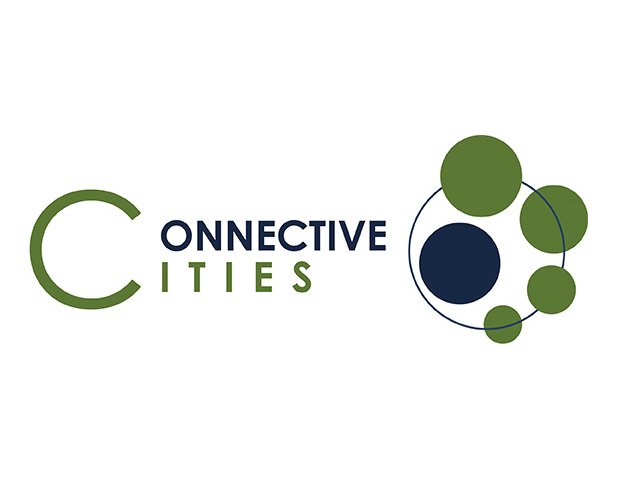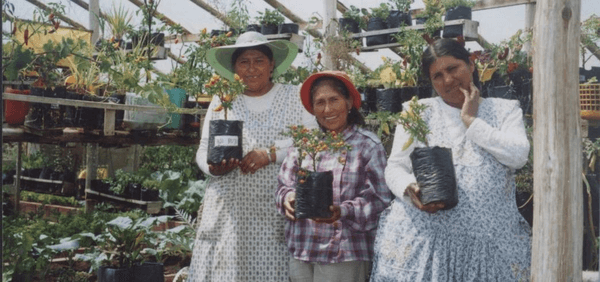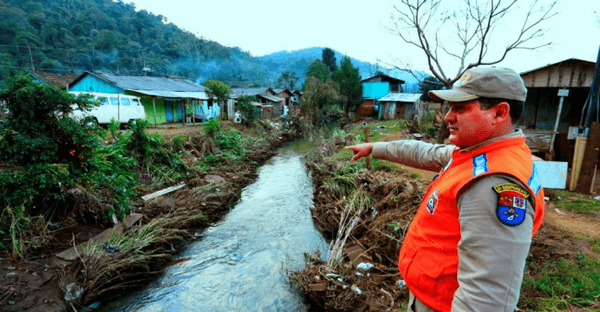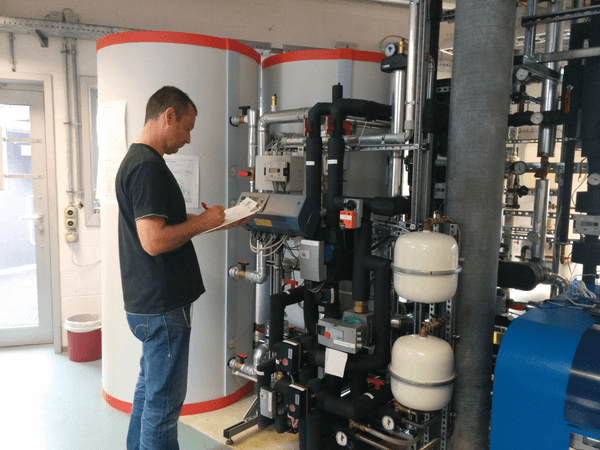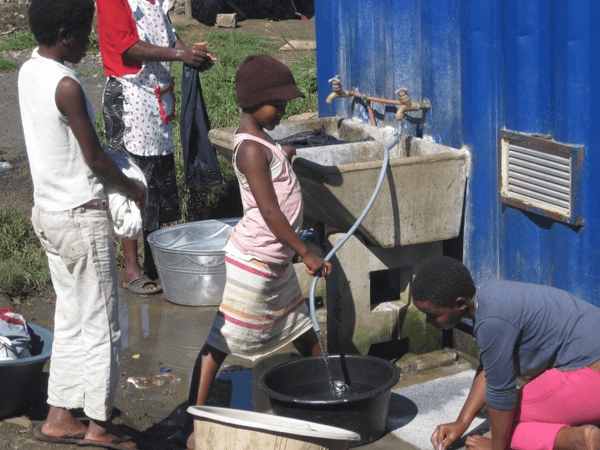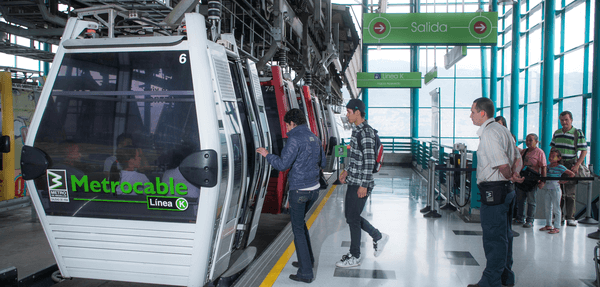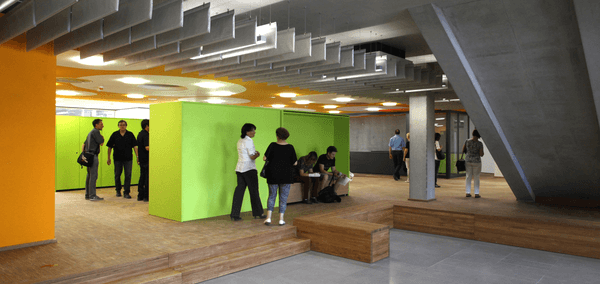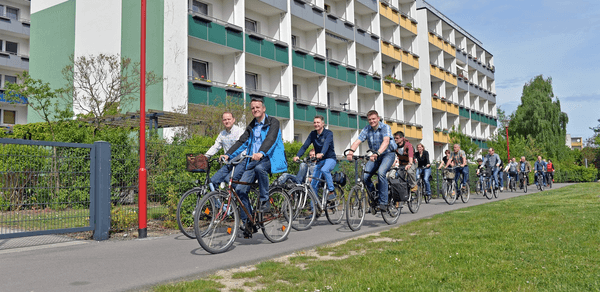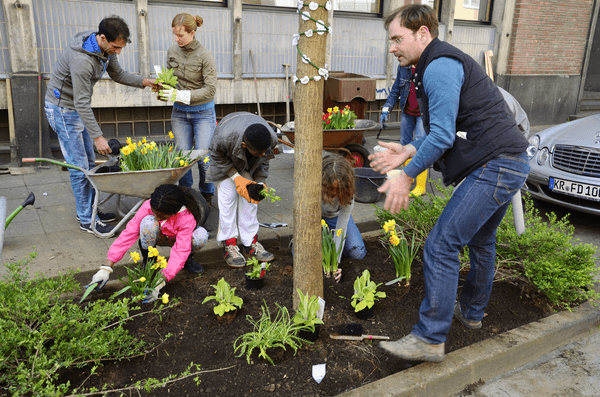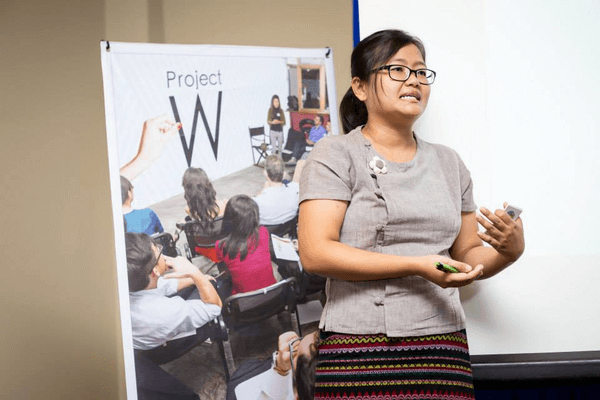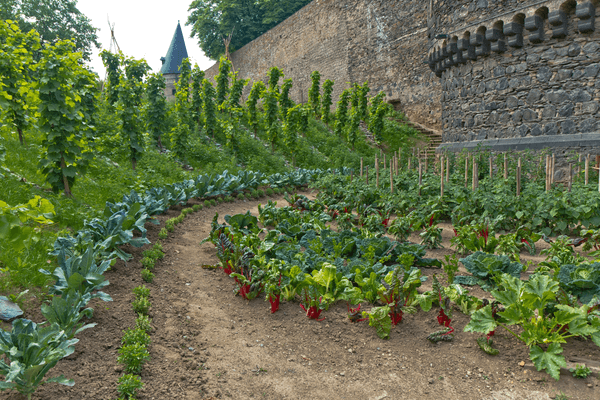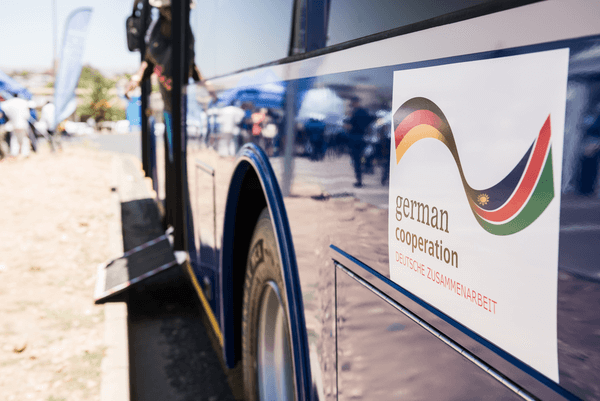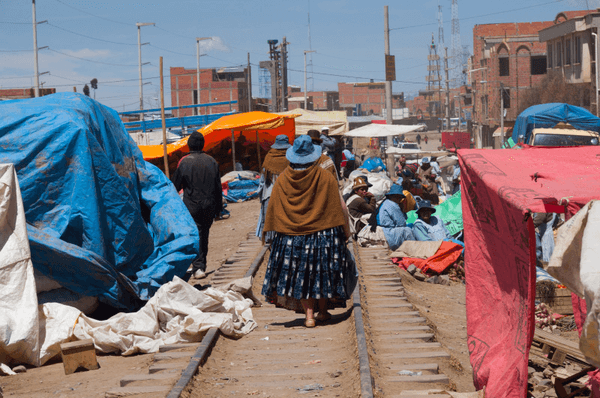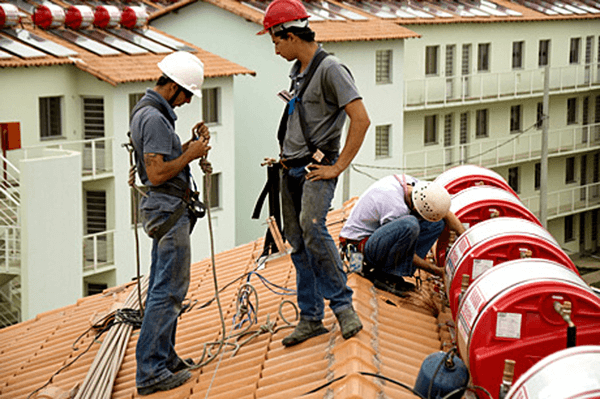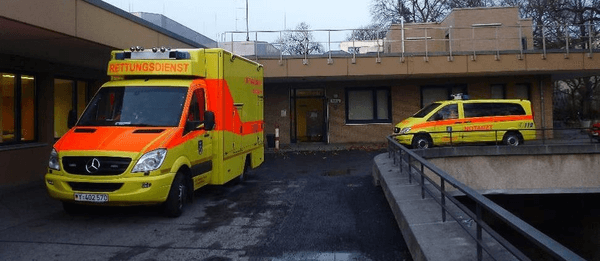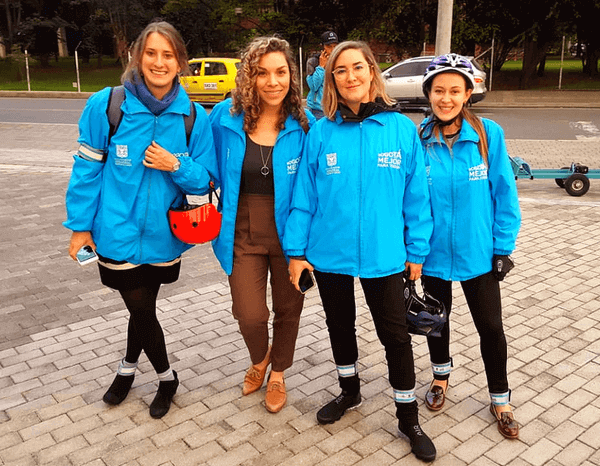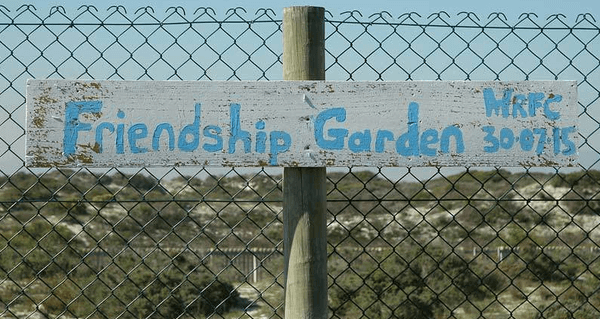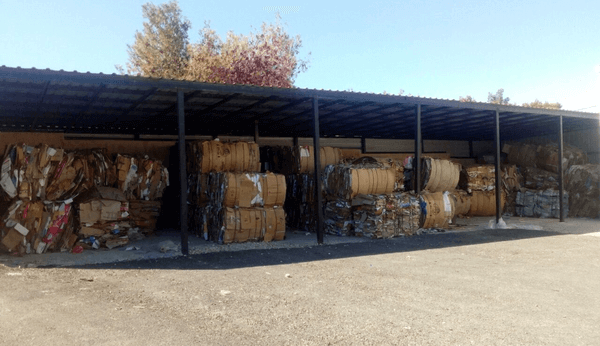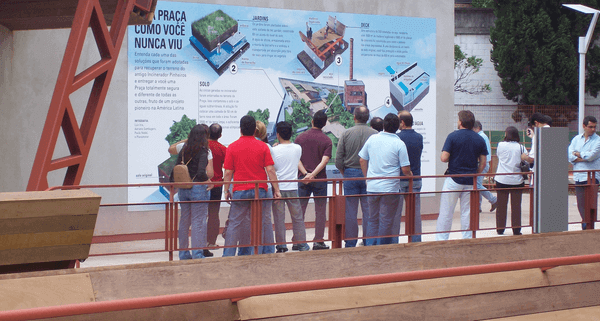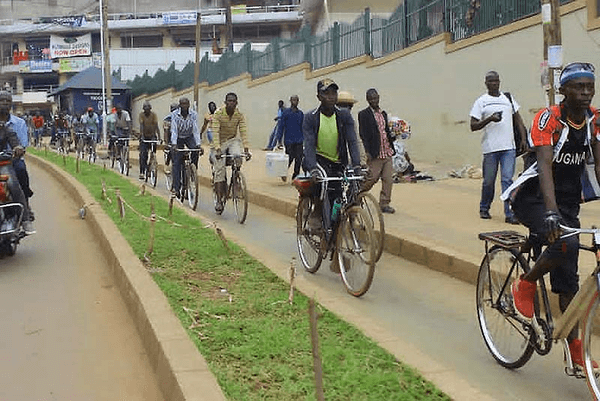Connective Cities is a joint venture between the Association of German Cities (Deutscher Städtetag), the Deutsche Gesellschaft für Internationale Zusammenarbeit (GIZ) GmbH and the Service Agency Communities in One World (a division of Engagement Global). This International Community of Practice for Sustainable Urban Development is supported by the German Federal Ministry for Economic Cooperation and Development (BMZ).
Connective Cities provides demand-based services designed to improve cooperation among urban practitioners at global level. The platform enhances the sharing of good practice examples, expert knowledge and solution-oriented peer-to-peer consulting, and creates opportunities for partnerships among its stakeholders.
Connective Cities addresses questions of how to achieve sustainable development through innovative strategies and practices. It highlights good practice examples in the overarching fields of good urban governance, integrated urban development, support of local economic development strategies, and provision of municipal services. Connective Cities creates a base for knowledge sharing and the development of transformative solutions in local contexts that are customised to local requirements for sustainable urban development.
By conducting dialogue events, Connective Cities facilitates exchange among urban practitioners on relevant themes, and functions as a platform for a networking strategy. To implement the strategy Connective Cities also organises trainings, study tours, project workshops and virtual discussion forums. Working within Connective Cities can result in new forms of cooperation among the actors involved. The platform also aims to facilitate the initiation of joint projects among urban stakeholders from various local settings.
